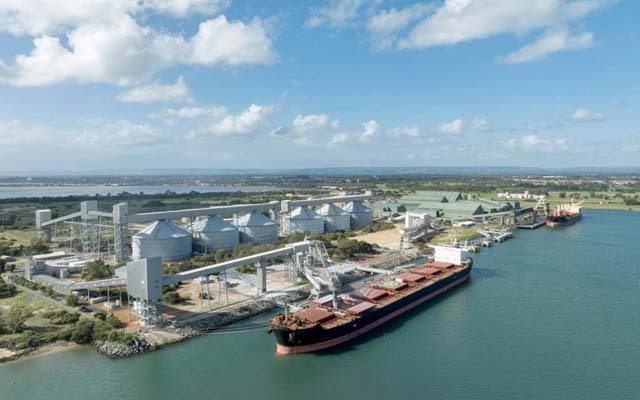Intercargo, the international association of dry cargo shipowners, has reaffirmed its commitment to sustainable shipping by advocating for straightforward mid-term measures in the industry’s decarbonisation efforts.
The association, representing what it considers one of the most efficient cargo transportation sectors globally, emphasised the critical need for practicable solutions to ensure effective implementation of emissions reduction strategies.
Intercargo regards the key points in its decarbonisation strategy as:
- Support for integrated framework: Intercargo endorses in principle the updated joint proposal by Bahamas, Liberia, and the International Chamber of Shipping (ICS) for an ‘IMO net-zero framework’.
- Simplified pricing mechanism: Backing a flat-rate contribution per tonne of GHG emitted, with incentives for zero and near-zero GHG fuel usage.
- Predictability for stakeholders: Advocating for fixed annual GHG fees over minimum five-year periods.
- Well-to-Wake approach: Supporting a comprehensive emissions accounting system while addressing concerns about upstream emissions beyond shipping’s control.
- Cautious approach to decarbonisation fund: Highlighting the need for thorough review of legal issues and alignment with UN climate fund principles.
- Fair cost distribution: Endorsing the principle that charterers or commercial operators, as fuel cost bearers, should also cover GHG fees and compliance costs.
- Reduced administrative burden: Calling for streamlined processes, especially for dry bulk tramp shipping facing global compliance challenges in accessing safely green energy sources in ports around the world.
Intercargo Secretary General Kostas Gkonis said: “The path to shipping’s decarbonisation must be paved with practical, implementable solutions. Our support for these measures reflects our sector’s commitment to environmental responsibility whilst maintaining operational efficiency and smooth global transportation of essential goods”.
Intercargo stresses the importance of global governmental action and cross-stakeholder collaboration throughout the maritime transport chain to achieve these ambitious goals.
Image: Intercargo backs simple decarbonisation strategy (source: Intercargo)



